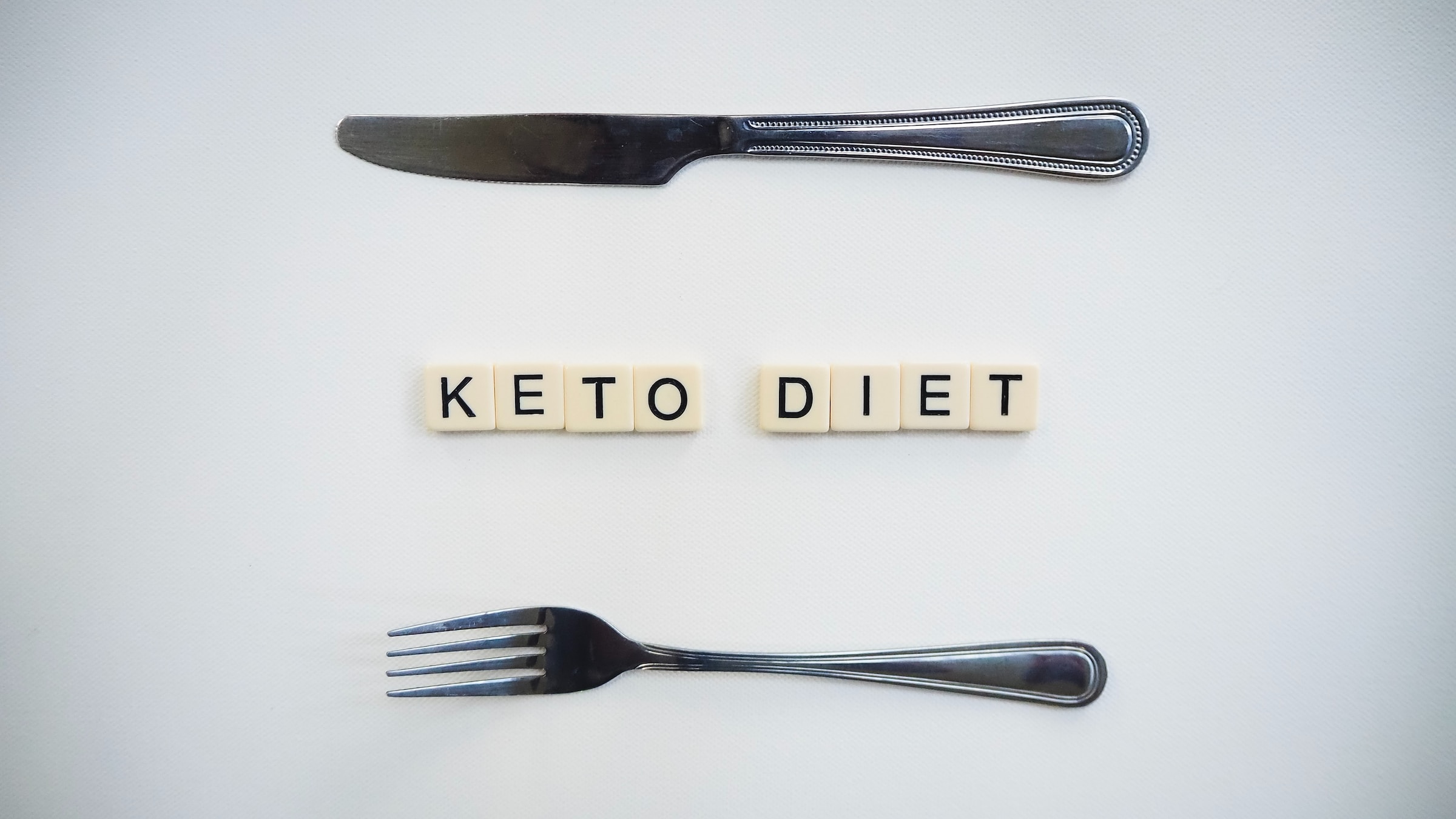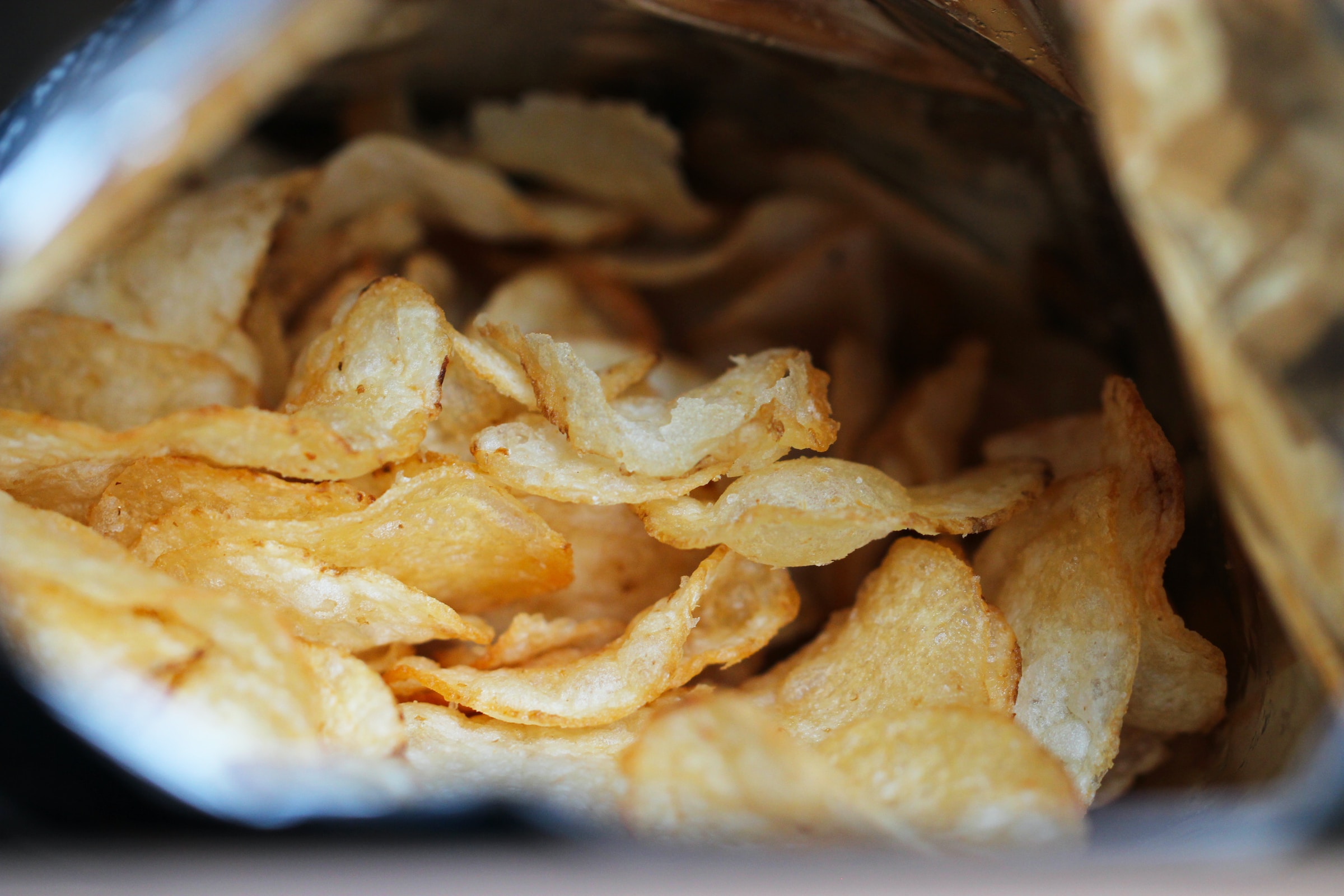
You’ve probably heard that the keto diet works wonders for weight loss, and you might be wondering if it’s really just a fad or if there’s more weight to this claim. It turns out that there’s science behind this low-carb way of eating, and there are valid reasons why keto seems to shed pounds and trim the waistline. In our sugar-centric modern world, going keto is a big shift that can generate significant results when it comes to body weight and lowering the risk and symptoms of certain chronic diseases. Let’s look at how the keto diet works for weight loss and the impressive science behind it.

What is the ketogenic diet?
The ketogenic diet involves consuming higher amounts of dietary fat and moderate protein and significantly lowering your carb and sugar intake, typically to fewer than 25-50 grams of net carbs per day. This drop in carbs and increase in fat prompts your metabolism to shift over into the state of ketosis. Ketosis is a metabolic state where your liver breaks down fatty acids and turns them into ketones — beneficial molecules your body can use as fuel instead of glucose (sugar).
The goal of the low-carb, high-fat keto diet is to eat more dietary fat like coconut oil, olive oil, avocado, fatty fish, and way less carbs and sugar. Your body uses sugar (glucose) to fuel your cells; however, most of your cells can use ketones instead. The interesting part is that you don’t need sugar and carbs to survive because your body can produce the small amount of glucose sugar you need from the dietary fat and protein you consume in a process called gluconeogenesis.
There are three macronutrients: carbs, fat, and protein. The macronutrient category of carbs includes sugar and starch. Starch is like chains of sugar molecules linked together that your body breaks down into individual sugar molecules. The standard American diet is carb and sugar-heavy as we go from potato chips and candy to fries and bread and back again. Some natural carbs can be healthy, of course, but the overload of refined and processed sugar and carbohydrates in the typical modern diet poses problems for our health.

How does the keto diet work for weight loss?
The initial weight lost during the first week or two of keto is mostly water weight, but you should continue to lose weight over several months on the diet. The sugar cravings will usually diminish in the first couple of weeks.
Contrary to popular belief, studies show the low-carb diet is more effective for weight loss compared to the low-fat diet. Evidence continues to show that the keto diet is one of the best diets for weight loss. For example, one impressive study showed that participants who remained on keto lost 10 to 17% of their weight without feeling persistent hunger pangs. The state of ketosis keeps you feeling fuller for longer because your body isn’t always craving sugar and dealing with the constant rise and crash in blood sugar.
Fat and protein are more satiating and provide more energy and calories per gram compared to sugar and carbs. When you’re not constantly craving sugar and when your blood sugar is more stable, you’re less likely to fall off the weight loss track and into the mashed potatoes or sugary cake.
Weight loss isn’t all about calories, and different types of calories have different effects on your metabolism. You can find the same number of calories in a steak, a nice serving of cauliflower, and a candy bar, but they won’t have the same effect on your metabolism, blood sugar, and body fat storage.
The role of insulin and sugar
When you aren’t devouring so much sugar and carbs that turn to sugar, there’s less need for the insulin hormone. Insulin is a hormone that prevents your blood sugar from climbing too high by transporting sugar out of your bloodstream and into your cells. Insulin is also a fat-storage hormone that tells your body to hold on to your fat stores. Whenever you eat sugar, your body releases insulin, which also tells your body to hold on to that body fat you want to get rid of. Lowering your need for insulin by dropping carbs on keto also helps you switch from storing fat to burning fat for fuel instead.
The role of dietary fat
When your body switches from burning mostly sugar and carbs for fuel to burning dietary fat and ketones instead, you lower the need for insulin, which means the fat is mainly broken down via a process called lipolysis rather than being stored in your body. Your body needs dietary fat and essential fatty acids to survive, so if you’re not getting enough fat but you’re getting loads of sugar, your body might hold on to the fat stores you have in survival mode. The takeaway is the more sugar and carbs you eat, the more insulin is released, and the more your body holds on to those fat stores.

Refined carbohydrates and sugar overload
Studies reveal that avoiding sugar and sugar-sweetened drinks helps with weight loss. More compelling research also highlights that a key factor fueling a significant rise in obesity could be the increase in the consumption of refined carbohydrates like fries, candy, and potato chips. Processed carbs break down quickly to sugar, but on keto, you leave the carbs and sugar in the past.

An evidence-based diet for weight loss
When you examine the evidence and consider the role of insulin and the science of metabolism, it’s easy to see why a diet lower in carbs and sugar and higher in fat accelerates weight loss. Of course, a well-formulated ketogenic diet more focused on healthy natural foods like meat, low-starch veggies, nuts, and seeds would be better for your health and metabolism than a keto diet of low-carb processed ‘junk foods.’
Reaching your goal body weight can seem like an insurmountable challenge sometimes, and you might feel lost amidst the diets, weight loss products, and promises. The good news is that the ketogenic diet is an evidence-based way of eating backed by decades of solid research.




